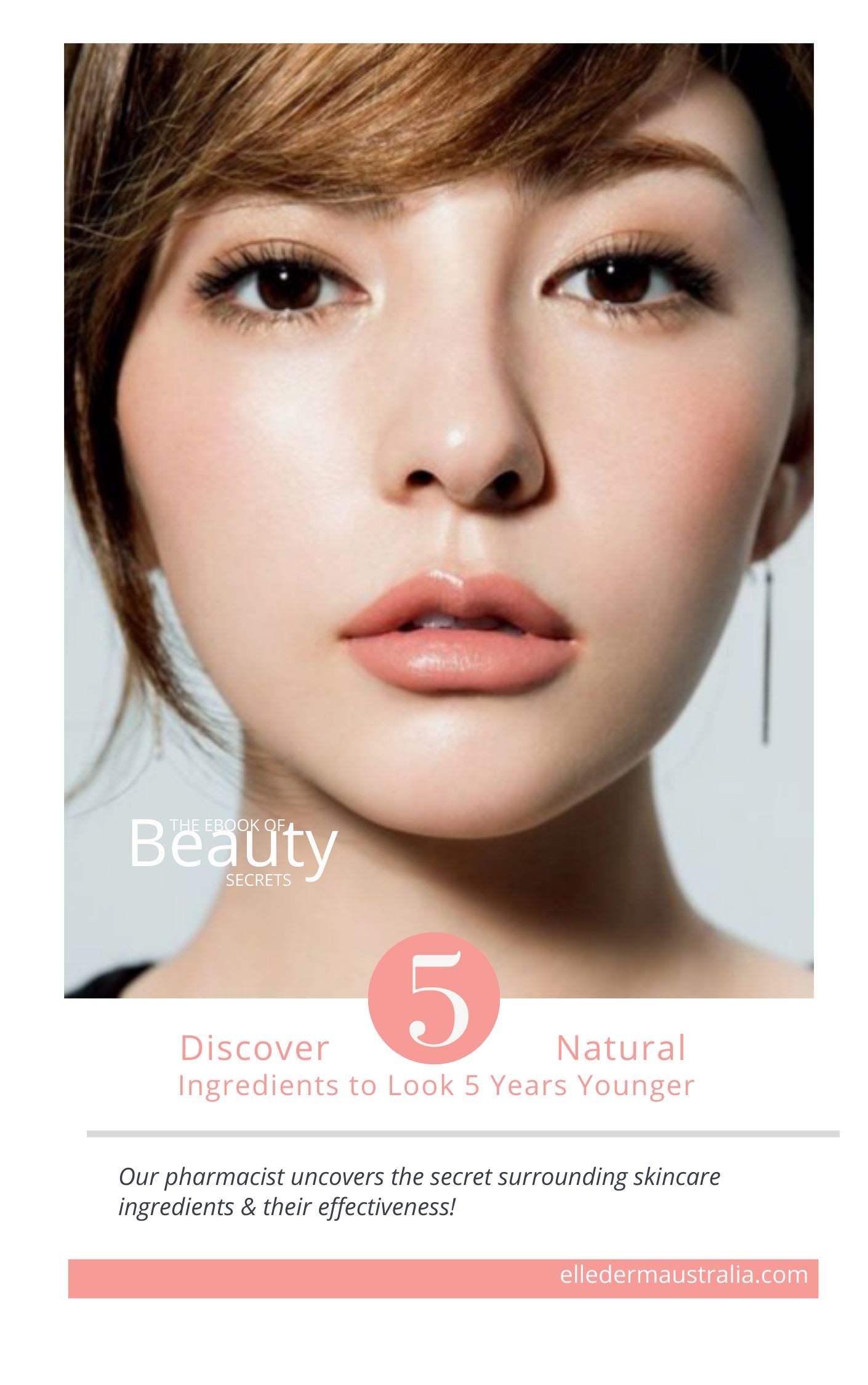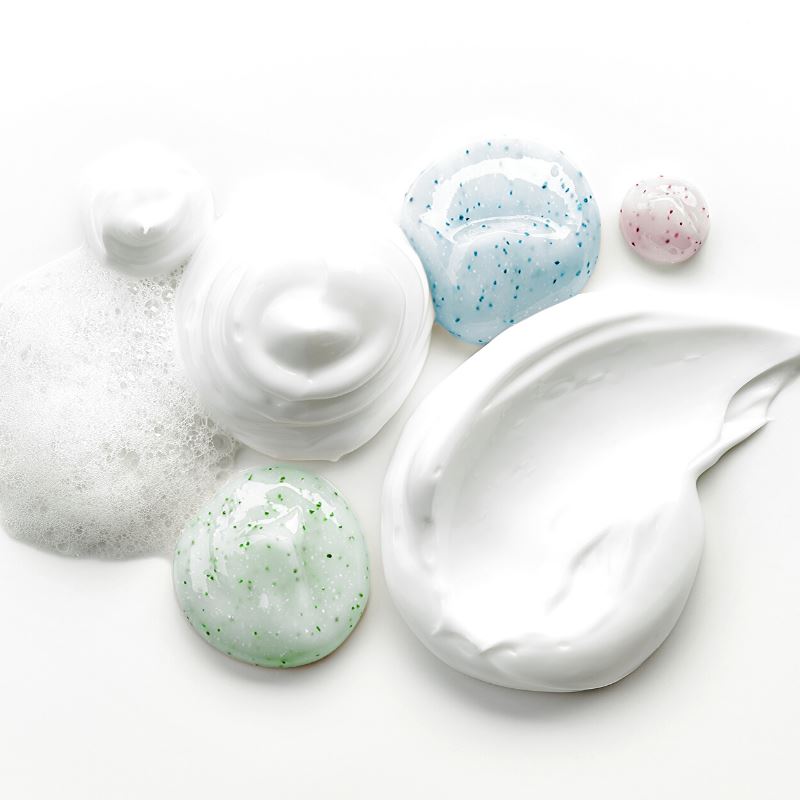Top 3 Dermatologist Approved Ingredients You Need in Your Skincare Routine to stay Eternally Youthful
In the pursuit of healthy skin and ageing gracefully, we are continually confronted by various anti ageing products. What truly matters is the active ingredient and their concentration which determines if a product is worth your time.
We wanted to share with you three of the big-time players in the world of skin care as recommended by board-certified dermatologists; and just why they should be at the top of your ingredient list.
1. Retinoids
Retinoids are types of Vitamin A. They are commonly know as Tretinoin or Retin-A which is the prescription strength.
The non prescrption strength or over the counter strength is known as Retinol and is commonly used in most cosmetic anti-ageing creams.
Retinoids have unique qualities to increase cell turn over and cell repair; making them very effective as an anti-ageing product. They can also lighten pigmentation to improve skin tone and thicken the dermis (the deeper layers of the skin). The prescription strength or molecule is of course more powerful but can cause skin irritation for some patients. The dryness and irritation can last for weeks. If this is you, try a Retinol based product.
Growth Factors are a good alternative to Retinoids but these are very expensive.
Peptides are also scientifically proven as an effective anti-ageing ingredient but not as powerful as Retinoids. They are much better tolerated and cheaper than Growth Factors, making them good alternative to Retinol. Common peptides are known as Matrixyl, DMAE and Oligopeptides.
2. Alpha Hydroxy Acids
Alpha Hydroxy Acids are naturally occurring acids found in fruits and sour milk. They refine and even skin tone; promote new skin cell development for brighter, firmer complexion.According to Dr Magovern, a practicing Dermatologist in Manhattan: “these slough away discolouration associated with acne, help improve the look of fine lines and dark spots. Alpha Hydroxy Acids have stood the test of time for their ability to refine the surface of the skin, effectively providing the firming and smoothing effects we do often seek.”
If you would like to know more about Alpha Hydroxy Acids and the difference between creams and peels, check out Dr Davin Lim’s YouTube 👉🏻
3. Niacinamide
According to Dr Debra Jaliman, a NY based dermatologist, niacinamide is one skincare ingredient which boasts a long list of perks. It has antioxidant and anti inflammatory properties, lightens dark spots, improve dullness, smooths the skin, assist with skin cell repair, reduce pore size - all without skin irritation.
Niacinamide should not be applied simultaneously with Vitamin C as this is where it can cause skin sensitivity and redness - also known as niacin flushing effect.
Author: Helen Lam, Pharmacist and Editor for elle derm australia



